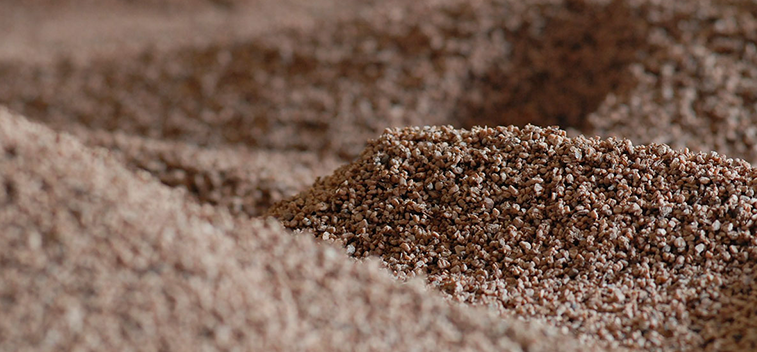
The olive pit produced in each campaign would generate enough sustainable electrical energy to supply the Spanish primary sector for a quarter, according to the study "The international activity of olive pit extraction as clean energy. Supply, demand and economic and social effects and environmental. The particular case of Spain" , carried out by Juan Vilar Strategic Consultants for Garzón Green Energy.
After analyzing the amount of agricultural by-products that the olive grove generates to produce energy, as well as the social, economic and environmental impact that it produces, the study indicates that the treated and certified olive pit (UNE164003: 2014) is a biofuel with physical characteristics -Excellent chemicals comparable to those of other traditionally used biofuels. Thanks to the fats it presents (especially that from oil mills), it provides the highest calorific yield as a source of energy and a beneficial environmental impact as it is an ecological product.
In Spain, with more than 2.7 million hectares of olive groves, 6.2 million tons of olives are produced per season that contribute 450,000 tons of pit, of which 323,500 tons are sold, while the rest is consumed in oil mills and extractors as a source of heat for their processes. The study highlights that this by-product of the olive grove has emerged in recent times as a claim for the generation of electrical energy and thermal biomass.
The olive stone generates energy to supply more than 100,000 Spanish homes and is used in 78% of the facilities to generate thermal energy. In these cases, according to this report, the consumer must focus mainly on the quality parameters and obtain a certified bone (UNE 164003: 2014, the most demanding quality seal within the sector that ensures obtaining the highest quality of the product in the market, according to OCU) and treated, which makes it an efficient fuel with low emissions, and not vice versa when consumed untreated. In addition, you must acquire the product through marketing channels with easy access and certified transport, to guarantee domestic consumption, which will offer you "guarantee, quality and safety".
From the analysis carried out, the study indicates that the model of use of the by-products of the olive grove agroindustries constitutes an example of efficient cascade use of the country's resources. "These characteristics make certified olive pit an unrivaled rival as a source of fuel for boilers and heating stoves", he remarks.
This energy use would mean, in his opinion, being able to serve 85,000 domestic boilers, with the consequent savings for the country in the purchase of imported fossil fuels. Likewise, it considers that it is capable of generating renewable energy continuously to satisfy different types of energy needs for multiple sectors.
Source: Mercacei